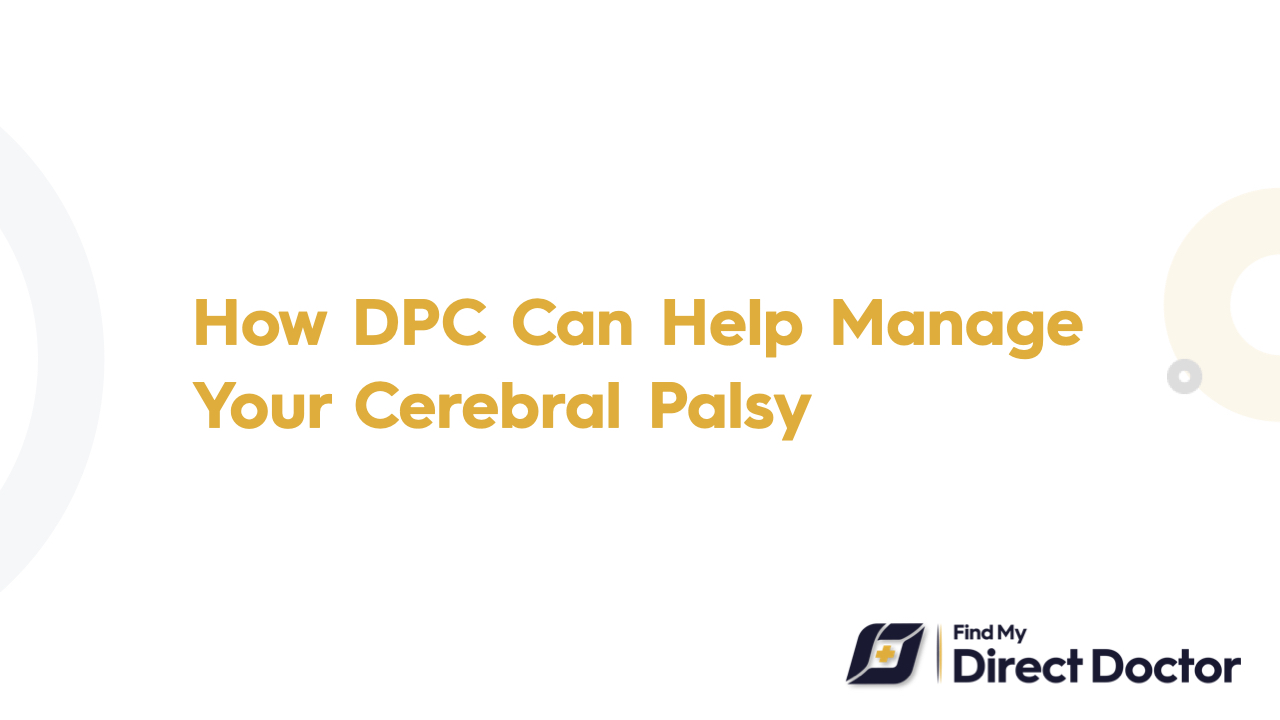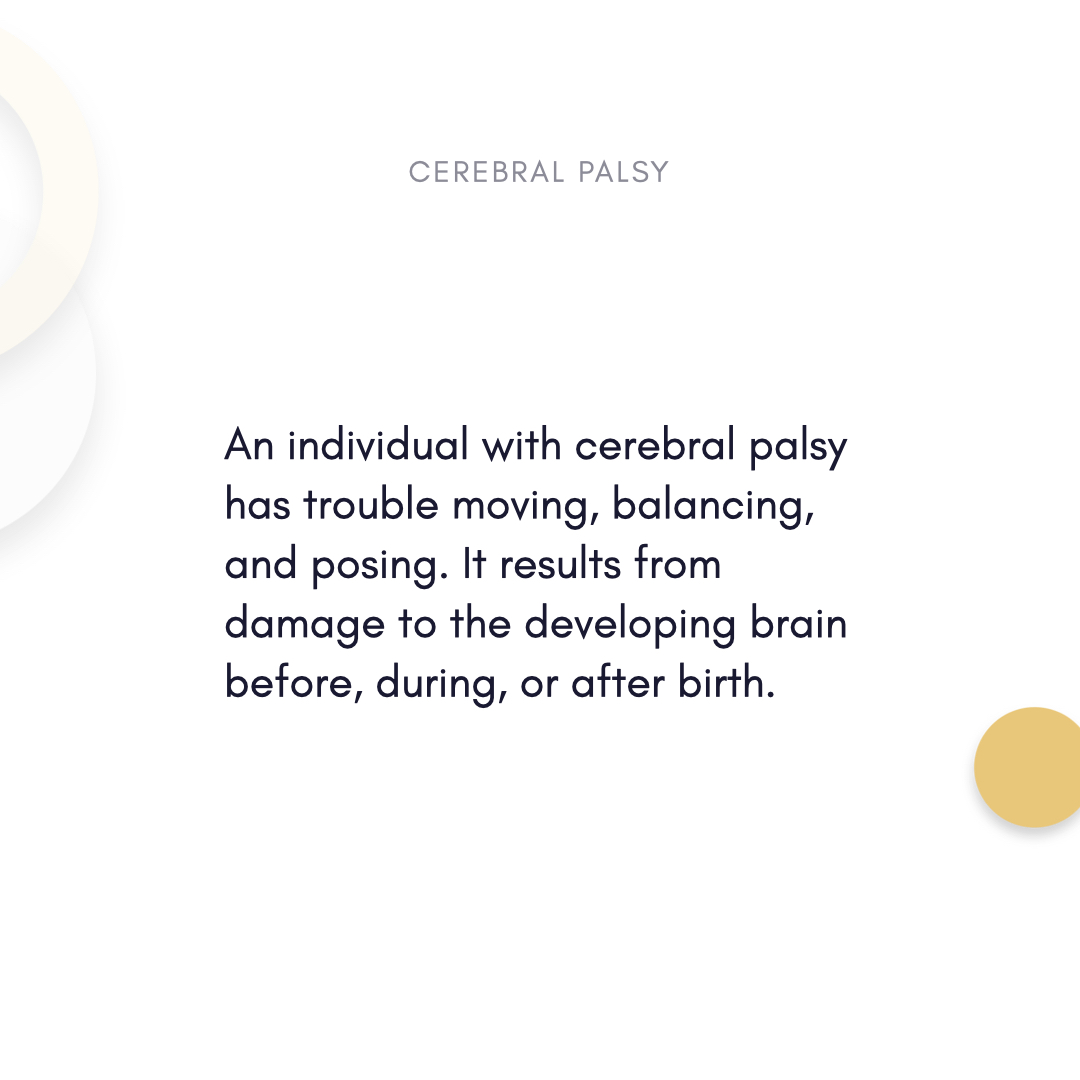Cerebral Palsy and Direct Primary Care (DPC): Personalized Support for Lifelong Health
Affecting mobility, coordination, and muscle control, the neurological disorder known as cerebral palsy (CP) requires constant, multimodal therapy. Accessibility, cost, and tailored approaches to manage CP's complexity top priority under the Direct Primary Care (DPC) model—where patients pay a regular fee directly to their provider— DPC offers families and individuals negotiating cerebral palsy these services:

DPC Improved Cerebral Palsy Treatment Plan (Best Service Coordination)
- CP often asks for cooperation among orthopedists, physical therapists, and neurologists.
- Acting as central coordinators, DPC doctors guarantee consistent treatment plans and streamline interactions among experts.
- This reduces scattered treatment and helps match treatments to evolving needs.
- Flexible, timely visits for emergencies including spasticity flare-ups, pain crises, or infections—same-day or next-day.
- Active management lowers hospital stays resulting from mobility problems or secondary complications.
Action Plan of Schedule Transparency and Cost-Effectiveness
- DPC’s flat monthly fee eliminates surprise billing by bypassing insurance middlemen.
- Families save on regular visits, prescription changes, and specialist co-pays, ensuring lifetime financial sustainability.
Customized DPC Cerebral Palsy Techniques (Holistic Care)
- Multidisciplinary cooperation: See therapists to optimize home modifications, mobility aids, or adaptive tools.
- Treat CP-linked disorders like epilepsy, GI issues, or speech delays using screenings and specialized referrals.
- Family-centered education: Guide caregivers in daily routines, aspiration avoidance, and emergency signs.
- Combine mental health counseling to address depression or anxiety.
- Virtual visits simplify follow-up for immobile patients or those living remotely, ensuring continuous progress monitoring.
Why DPC Corrects Cerebral Palsy Care? (Lifetime Alignment)
- Developmental treatments: Easy access to screenings ensures timely updates to tools/treatments during growth spurts.
- Seamlessly transition treatment plans from pediatric to adult therapy to prevent support gaps.
- Direct text/email contacts help families with hectic schedules, promoting compliance and trust.
DPC’s Place in Cerebral Palsy Management (Proactive Strategies)
- Subscription-based continuity lets providers spot subtle mobility/behavior changes for faster interventions.
- Regular wellness visits monitor diet, bone density, and contracture risks to prevent secondary issues.
- Telemedicine: In-home visits and virtual check-ins solve access barriers for limited-mobility patients.
- DPC enables freedom and quality of life through adaptive strategies, cost predictability, and individualized care coordination.






